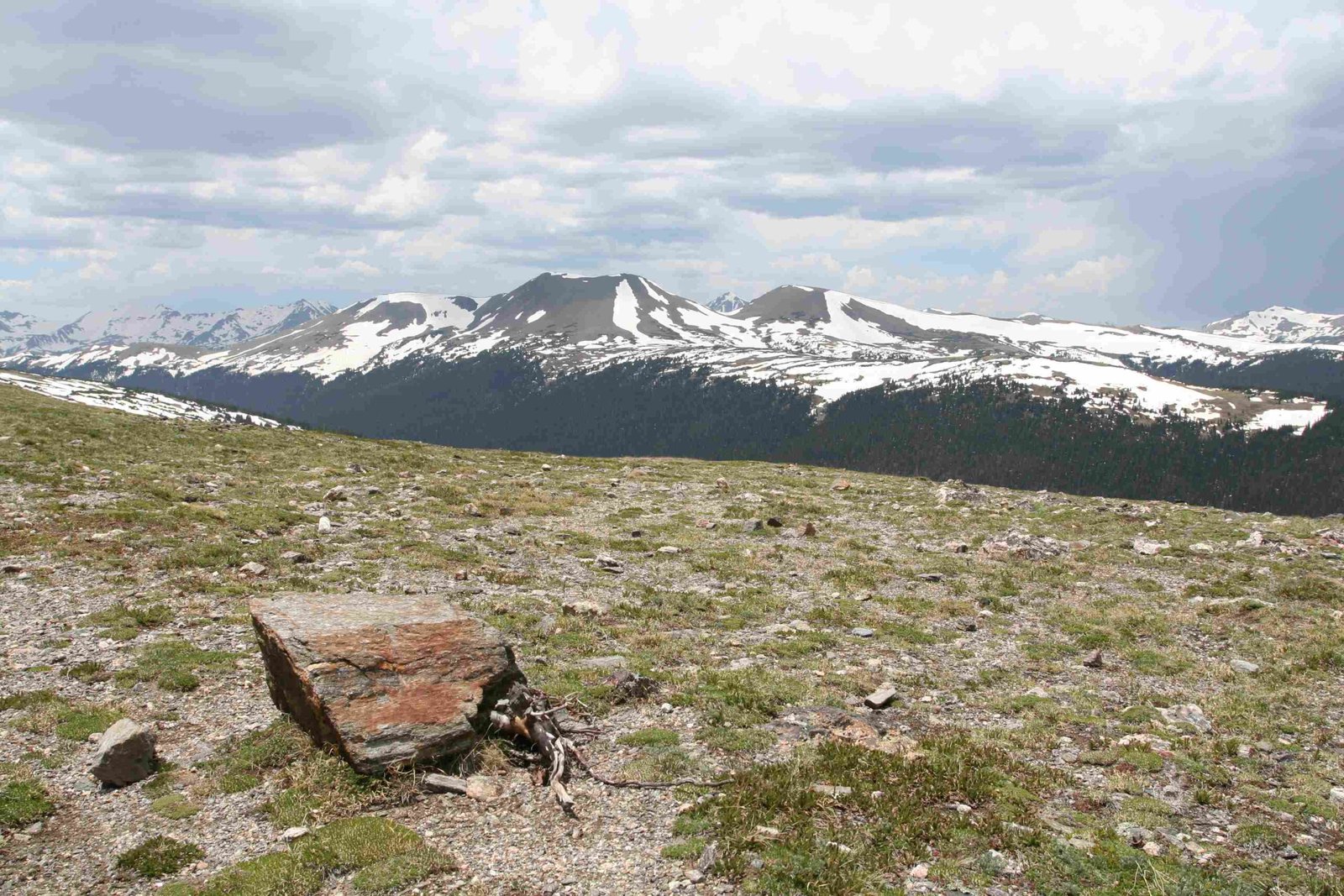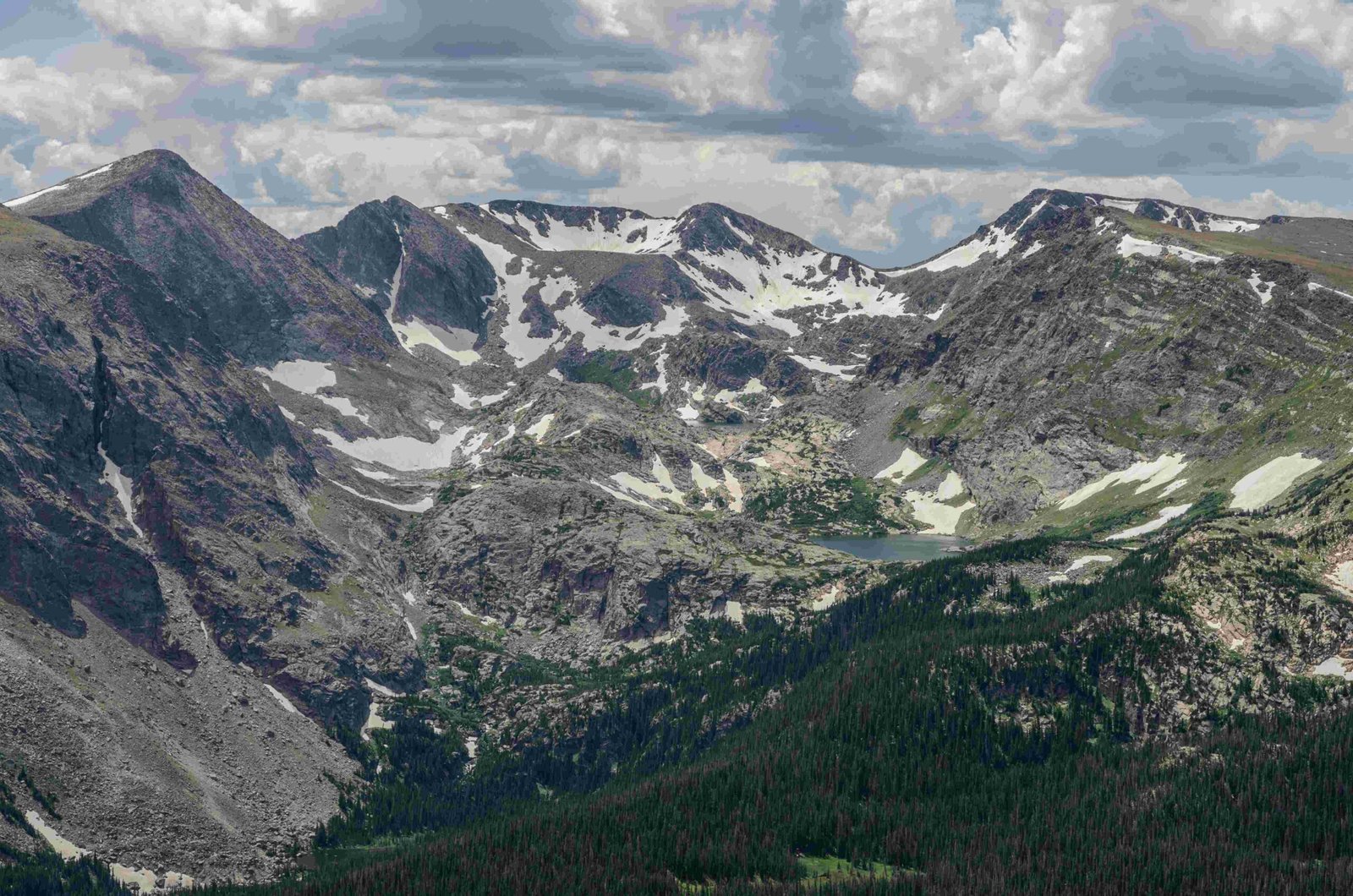Rocky Mountain National Park, while generally safe, experiences occasional criminal activities. Theft, particularly car break-ins, is the most common crime. Vandalism occurs less frequently. The park’s vast wilderness also presents risks of accidents and injuries during recreational activities. Visitors should remain vigilant, secure their belongings, and follow safety guidelines to ensure a safe and enjoyable experience in this natural wonderland.
What Are the Most Common Crimes in Rocky Mountain National Park?

The most prevalent crimes in Rocky Mountain National Park include:
- Theft (especially from vehicles)
- Vandalism
- Wildlife-related offenses
While violent crimes are rare, property crimes pose a more significant concern for visitors. Let’s delve deeper into each of these common offenses:
Theft
Theft, particularly from vehicles, is the most reported crime in Rocky Mountain National Park. Criminals often target:
- Parked cars at trailheads
- Campgrounds
- Visitor centers
Thieves typically look for:
- Visible valuables (electronics, cameras, wallets)
- Easily accessible items
- Unsecured vehicles
Vandalism
While less common than theft, vandalism does occur in the park. Examples include:
- Graffiti on rocks or structures
- Damage to park facilities
- Destruction of natural features
Wildlife-Related Offenses
Some visitors engage in illegal activities involving wildlife, such as:
- Feeding animals
- Approaching wildlife too closely
- Harassing or disturbing protected species
How Can Visitors Protect Themselves from Crime in Rocky Mountain National Park?

To minimize the risk of becoming a victim of crime, visitors should follow these safety tips:
- Secure Your Vehicle
- Lock all doors
- Close windows completely
-
Hide valuables out of sight or take them with you
-
Be Aware of Your Surroundings
- Stay alert, especially in parking areas and campgrounds
-
Report suspicious activity to park rangers
-
Use Designated Storage
- Utilize bear-proof food storage lockers at campgrounds
-
Don’t leave food or scented items in your vehicle overnight
-
Hike Safely
- Stay on marked trails
- Hike with a partner or group when possible
-
Inform someone of your hiking plans
-
Protect Your Campsite
- Keep food and scented items secured when not in use
- Never leave valuables unattended at your campsite
What Are the Recent Crime Statistics for Rocky Mountain National Park?
While specific, up-to-date crime statistics for Rocky Mountain National Park are not readily available, we can provide some insights based on historical data and trends:
| Type of Incident | Frequency | Notes |
|---|---|---|
| Theft | Common | Primarily vehicle break-ins |
| Vandalism | Occasional | Less frequent than theft |
| Wildlife Offenses | Moderate | Often due to visitor ignorance |
| Violent Crime | Rare | Uncommon in the park |
It’s important to note that the vast majority of visitors to Rocky Mountain National Park have safe and enjoyable experiences. The park’s law enforcement rangers work diligently to prevent and respond to criminal activities.
How Does Rocky Mountain National Park Compare to Other National Parks in Terms of Crime?
While exact comparisons are challenging due to varying reporting methods and park sizes, Rocky Mountain National Park generally has a lower crime rate compared to more urban national parks. However, it’s important to consider:
- Visitor Numbers: Rocky Mountain National Park is one of the most visited national parks, which can influence crime statistics.
- Type of Crime: Property crimes are more common than violent crimes in most national parks, including Rocky Mountain.
- Geographic Factors: The park’s remote location and rugged terrain may deter some types of criminal activity.
What Should Visitors Do If They Witness or Become Victims of Crime in Rocky Mountain National Park?
If you witness or become a victim of crime in Rocky Mountain National Park, follow these steps:
- Ensure Your Safety: Move to a safe location if necessary.
- Report the Incident: Contact park rangers or call 911 immediately.
- Preserve Evidence: Don’t touch or disturb anything at the crime scene.
- Document Details: Write down or photograph any relevant information (e.g., suspect descriptions, vehicle details).
- Cooperate with Authorities: Provide as much information as possible to law enforcement.
How Does Rocky Mountain National Park Address Crime Prevention?
Rocky Mountain National Park employs several strategies to prevent crime and ensure visitor safety:
- Law Enforcement Patrols: Rangers regularly patrol the park, including parking areas and campgrounds.
- Education: The park provides safety information to visitors through various channels.
- Partnerships: Collaboration with local law enforcement agencies enhances security efforts.
- Technology: Use of surveillance cameras in some areas to deter criminal activity.
- Community Involvement: Encouraging visitors to report suspicious activities.
By understanding the crime landscape in Rocky Mountain National Park and following safety guidelines, visitors can significantly reduce their risk of becoming victims. Remember, while crime does occur, it’s relatively rare compared to the millions of safe and enjoyable visits to this stunning natural wonder each year.
References:
1. NPS Incident Reports – Rocky Mountain National Park
2. Rocky Mountain National Park Deaths | Updated 2024
3. Deaths in National Parks (U.S. National Park Service)

